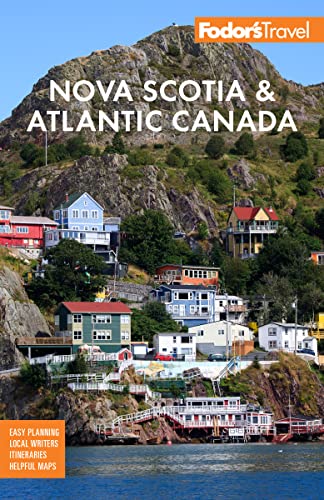Metro Moncton—the second-largest city in Atlantic Canada (after Halifax, Nova Scotia)—is an attractive, welcoming city, with several family-friendly attractions, some world-class restaurants, a splendid modern museum, and an ongoing calendar of festivals throughout the year.
Two natural attractions are the main draws here: the Tidal Bore and the Magnetic Hill. The latter is often derided, but the optical illusion does create a very strange sensation and it's worth experiencing. The Tidal Bore, once justifiably described as the other kind of bore, was restored to its former glory after riverbank erosion has been addressed, and the bore can be several feet high, depending on the tides. As a result, the city has made the most of its downtown riverside, with a park and boardwalk and a small amphitheater overlooking the best place to view the tidal bore sweep around a bend in the river. In summer, buskers often take advantage of this "stage."
Moncton is an agreeable, lively place, home to two universities and a center for information technology and communications. It is often called the Gateway to Acadia because of its equal mix of English and French and its proximity to the Acadian shore, though it also has a large Irish population and a growing Korean community. The renovated downtown has unique shops and restaurants and such beautiful flower displays that it has won national "Communities in Bloom" awards.
With its twin city of Dieppe—the join is almost imperceptible—Moncton is considered the shopping mecca of Atlantic Canada. Moncton’s big chain stores are mostly strung out along Mountain Road, Mapleton Road, and the Trinity Power Centre, while Dieppe is home to Champlain Place, the province's biggest shopping mall. Both cities have good Saturday farmers’ markets, and other retail opportunities.




